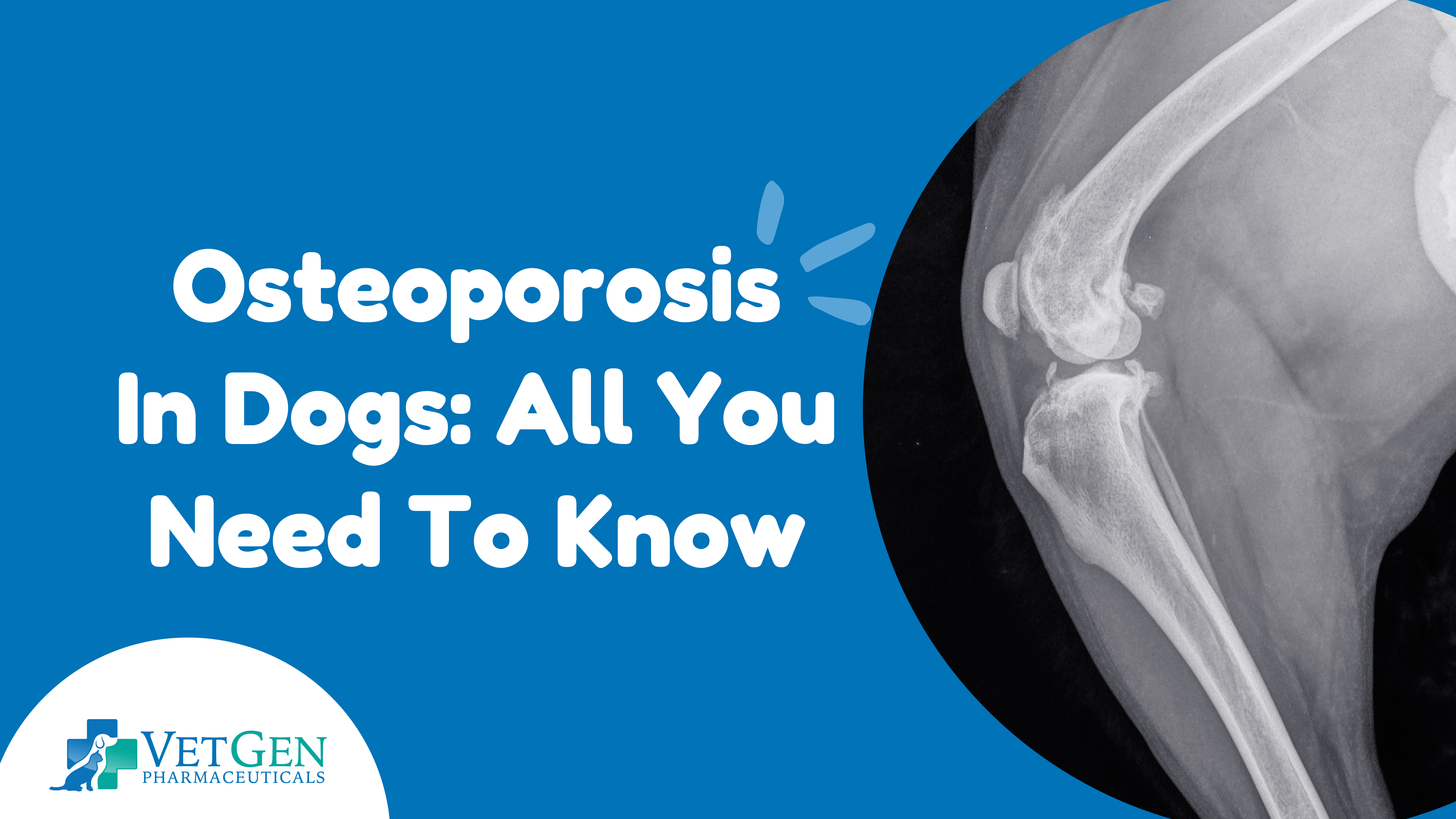Table of Contents
Immune-mediated polyarthritis is one of the three most common forms of canine arthritis; the other two being septic arthritis and osteoarthritis (OA) or degenerative joint disease (DJD).
The Arthritis Foundation notes that a fifth of all pets in the USA have been diagnosed with some variation of arthritis.
It also notes that dogs older than seven years have a 65 percent likelihood of developing arthritis.
Therefore, there is a significant possibility that your dog – if senior – may suffer arthritis.
Fortunately, it is a manageable condition and we’ll explore various treatment options later in this article.
What Is Immune-Mediated Polyarthritis?
Immune-mediated polyarthritis is a condition that causes painful and swollen inflammation around joints in dogs.
A similar condition in humans is referred to as rheumatoid arthritis.
It is primarily a disorder of the immune system.
However, it must not be mistaken for degenerative joint disease which is typically caused by injuries as a result of old age.
Despite some similarities in symptoms, IMPA is not osteoarthritis.
According to an article published in the Veterinary Ireland Journal, IMPA can be classified as erosive or non-erosive.
The former is the result of progressive joint destruction whereas the latter is caused by a hypersensitivity reaction.

We already know that the immune system fights off infections from bacteria and viruses.
Does that mean that IMPA is a viral or bacterial infection?
Absolutely not.
Instead, when there are underlying diseases or infections within a dog’s body, their immune system may become overactive.
It depicts deposition of immune complexes in response to immune stimulus or stimuli (pre-existing diseases or infections).
This increased immune activity leads to production of white blood cells more aggressively, which then begins to attack joint tissues.
Inflammatory cells are thus drawn to the site of inflammation.
Signs and Symptoms of Immune-Mediated Polyarthritis

Among the most prevalent signs and symptoms of IMPA in dogs include: stiffness, pain, and lameness.
It is common for dogs to experience inflammation in multiple joints which presents as follows:
Stiff-like movement
Reluctance to move
Swollen joints
Neck or back pains
Limping
Besides compromised limb movement, your dog may also experience a drop in appetite as well as lethargy.
Many veterinarians also report that a fever is one of the most significant symptoms of IMPA in dogs.
Possible Causes of Immune-Mediated Polyarthritis
The cause of IMPA not being set in stone but there is still ongoing research and studies. The following factors are considered as major contributing factors to IMPA:
Compromised Immune System
Pre-existing conditions such as cancer, that strain the immune system, can make it difficult to fight off infections.
Hereditary and Genetic Predispositions
This has a lot to do with the pedigree of a certain dog or sometimes the entire breed. For this reason, conducting the dog’s history is important during diagnosis.
Obese or Overweight Dogs
Due to extra weight, limited movement, and inflexibility of joints, obese and overweight dogs are at a higher risk for IMPA
Joint Instabilities
Any form of instability that exerts undue pressure to the joints of your dog is likely to cause rapid wear of cartilage. This puts them at a risk for IMPA.
Other possible causes include:
- Autoimmune Disorders
- Joint Infections
- Rapid Puppy Growth
Some studies have found significant evidence linking certain medications such as: penicillin, phenobarbital, and cephalosporin.
Additionally, experts have also explored the possibility of vaccination as a cause of IMPA.
The idea is that the immune stimulation provided through vaccination is a potential trigger for IMPA.
Suffice to say that further research is still necessary.
Diagnosis of Immune-Mediated Polyarthritis
During a veterinary visit, the first thing to be conducted is a full medical history followed by a thorough physical examination.
The vet may then proceed to draw samples of joint fluid from several joints.
For this procedure, your dog may either be put under sedation or general anesthetic.
Samples are then taken to the lab for further examination.

Furthermore, the vet may decide to take X-rays on multiple joints with a view to assess the following:
- Whether or not there is bone damage
- Extent of bone damage
- Whether or not the bone damage is a direct result of chronic inflammation
Another primary objective of the diagnosis is investigating the cause of IMPA disorder in your dog.
Naturally, the vet will look for possible underlying triggers.
This is done by carrying out any one or a combination of the following tests:
- Urine tests
- Abdominal ultrasound scanning
- Blood tests
- CT scans
- Chest X-rays
Treatment of Immune-Mediated Polyarthritis
Immuno-Suppressive Medication (Corticosteroids)
Depending on the severity and nature of your dog’s IMPA, the vet may recommend medication containing steroids designed to suppress an overactive immune system.
You should know that these are powerful drugs with significant side effects.
Therefore, you must discuss all that with the vet.

It is not advisable to feed potent drugs containing steroids to your dog for extended periods of time.
In fact, you will have to schedule regular vet visits for monitoring and continuous assessments through blood tests and other examinations.
Dosage is typically reduced after a short while.
Bone and Joint Supplements
Glucosamine supplements have also proved to be very helpful.
Glucosamine is a compound (sugar) that is naturally found around joints in both humans and animals.
It is considered to be the king of cartilage repair – which cushions bones at all joints.
A great deal of dog owners actually prefer using bone and joint supplements to treat their dog’s polyarthritis.
They respond very well to supplements and usually become brighter and more comfortable and even playful after a while.
Chemotherapeutic Agents
In some cases, chemotherapeutic agents such as: azathioprine, cyclophosphamide, and methotrexate are used for treatment.
Chemotherapeutic agents refer to a class of medication designed to suppress growth and proliferation of cancer cells.
However, it should be noted that these drugs can only be prescribed if the source of polyarthritis inflammation is found to be the result of cancerous tumors.
Our mission at VetGen Pharmaceuticals is to help your pet live a long, happy, and healthy life. Our selection of bone and joint supplements among others are designed with that in mind. We invite you to check out our products made by implementing the best industry practices to create high-quality and effective pet supplements!








